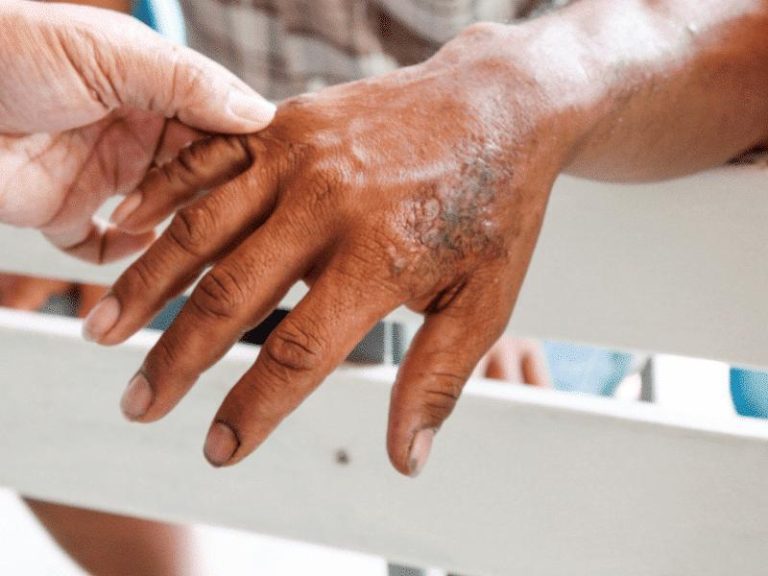
Childhood Trauma Can Lead to Sleepless Nights: Study
Sleepless nights are a common phenomenon that many of us experience, but did you know that childhood trauma could be a underlying cause of this issue in young adults? A recent study published in Development and Psychopathology suggests that individuals who faced maltreatment during their childhood, such as emotional abuse, physical abuse, and sexual abuse, are more likely to experience disrupted sleep due to unsolved emotional regulation processes.
The study, which was conducted by researchers at the University of California, Los Angeles (UCLA), found that childhood trauma can lead to long-term sleep problems in young adults. The researchers analyzed data from over 1,000 participants, aged between 18 and 25, and found that those who had experienced childhood trauma were more likely to suffer from sleep disorders, such as insomnia and sleep apnea.
The study’s findings are significant because they highlight the long-term effects of childhood trauma on mental and physical health. While childhood trauma is often associated with immediate effects, such as anxiety and depression, this study suggests that the impact can be felt for years to come, even affecting our ability to get a good night’s sleep.
So, what exactly is childhood trauma, and how does it lead to sleepless nights? Childhood trauma refers to any experience that is distressing, frightening, or threatening to a child. This can include physical and sexual abuse, emotional abuse, neglect, and exposure to domestic violence. When a child experiences trauma, their brain and body are unable to process the event in a healthy way, leading to long-term changes in their emotional regulation and stress response.
One of the key ways in which childhood trauma can lead to sleepless nights is by disrupting the body’s natural sleep-wake cycle. When a child experiences trauma, their body releases stress hormones, such as cortisol and adrenaline, which can make it difficult to fall asleep and stay asleep. This is because these hormones prepare the body for the “fight or flight” response, making it difficult to relax and fall asleep.
In addition, childhood trauma can also lead to anxiety and depression, which are common causes of sleep disorders. When a person is anxious or depressed, they may have difficulty relaxing and falling asleep, leading to insomnia and other sleep problems.
The study’s findings are not limited to individuals who experienced severe trauma. The researchers found that even mild forms of childhood trauma, such as emotional abuse or neglect, can lead to long-term sleep problems.
So, what can be done to address sleepless nights caused by childhood trauma? The first step is to seek professional help from a mental health professional. Therapy, such as cognitive-behavioral therapy (CBT), can help individuals process their trauma and develop healthy coping mechanisms.
In addition to seeking professional help, there are several other strategies that can help individuals get a good night’s sleep. These include:
- Establishing a consistent sleep schedule: Going to bed and waking up at the same time every day can help regulate the body’s natural sleep-wake cycle.
- Creating a relaxing bedtime routine: Activities such as reading, meditation, or deep breathing can help calm the mind and body before bed.
- Avoiding screens before bed: The blue light emitted by smartphones, tablets, and computers can suppress the production of melatonin, making it difficult to fall asleep.
- Creating a sleep-conducive environment: Keeping the bedroom cool, dark, and quiet can help promote better sleep.
In conclusion, childhood trauma can have a lasting impact on our mental and physical health, including our ability to get a good night’s sleep. By seeking professional help and implementing healthy sleep habits, individuals can begin to address the underlying causes of their sleepless nights and start getting the restful sleep they need to thrive.






